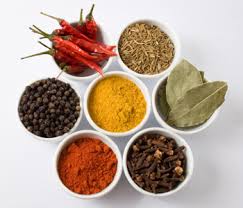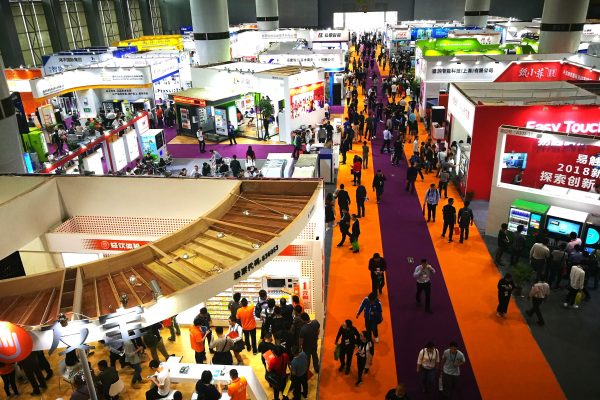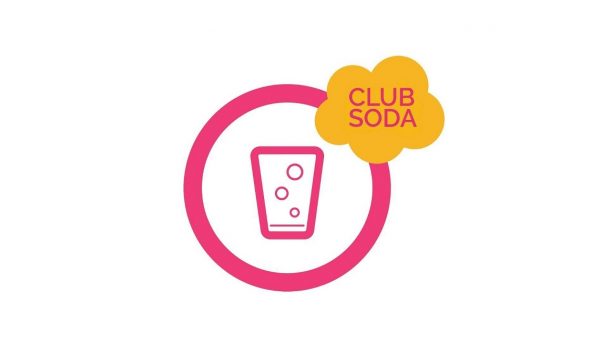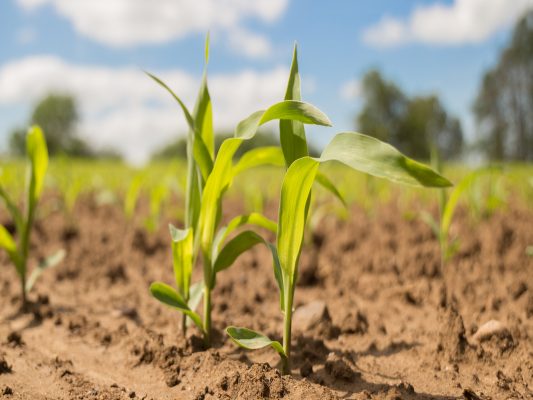Beverage News
Tea Helps To Prevent Diseases Like Diabetes and Arthritis
Rising rates in chronic disease coupled with the uneven quality of healthcare have driven ‘prevention’ to the center stage of medical discussions and research data published in the U.S. National Library of Medicine shows how plants like some wild African teas might become an integral part of this discussion. Jungle Teas, a North Carolina based start-up, will introduce and begin selling these jungle-harvested African herbal teas in September this year.
According to the CDC, an estimated 78 million Americans ages 18 years or older are projected to have doctor-diagnosed arthritis by 2040 and as many as 1 in 3 U.S. adults could have diabetes by 2050 if current trends continue. Jungle Teas intends to put a dent in these projections.
According to laboratory research data published in the U.S. National Library of Medicine, extracts of their wild teas exhibit preventive and curative properties for a range of diseases including arthritis and diabetes.
“These teas have been used to treat chronic illnesses by tribal healers for thousands of years,” says Dr. Mandi Rukuni (PhD Agricultural Economics).
“Bio-prospecting and modern-day research justify their historical uses and put them on the global stage as potentially, some of our best hopes for reversing these global health trends.”
The teas published in the lab research, Marange (Fadogia ancylantha) and Zumbani (Lippia javanica), have extremely high nutrient density coupled with high anti-microbial and anti-oxidant activity. In addition to diabetes and rheumatoid arthritis, the laboratory research data also includes positive results for their treatment of pneumonia, diseases of inflammation, respiratory illnesses and malaria. Marange exhibits “high anti-diabetic and anti-oxidant activity” while Zumbani exhibits activity against rheumatoid arthritis and pneumonia.
It’s been well documented that these teas are found abundantly in the forests of Africa but we still know very little about other diverse species which grow there. In fact, despite all their promise, fewer than 10 percent of tropical plant species have been examined for their chemical compounds and medicinal value. Coordinating with local African communities has been the biggest obstacle in getting these teas from the forest floor to your local grocery store.
“The local village communities are the driving force and the biggest stakeholders in Jungle Teas,” says Dr. Rukuni, who provides free consultancy for the south and central African communities harvesting the tea from the wild.
“It’s a win-win, these village families live on less than a dollar a day and they can give the world something which it desperately needs right now, both the village communities and global consumers stand to greatly benefit from this cooperation”.
Source: Jungle Teas











